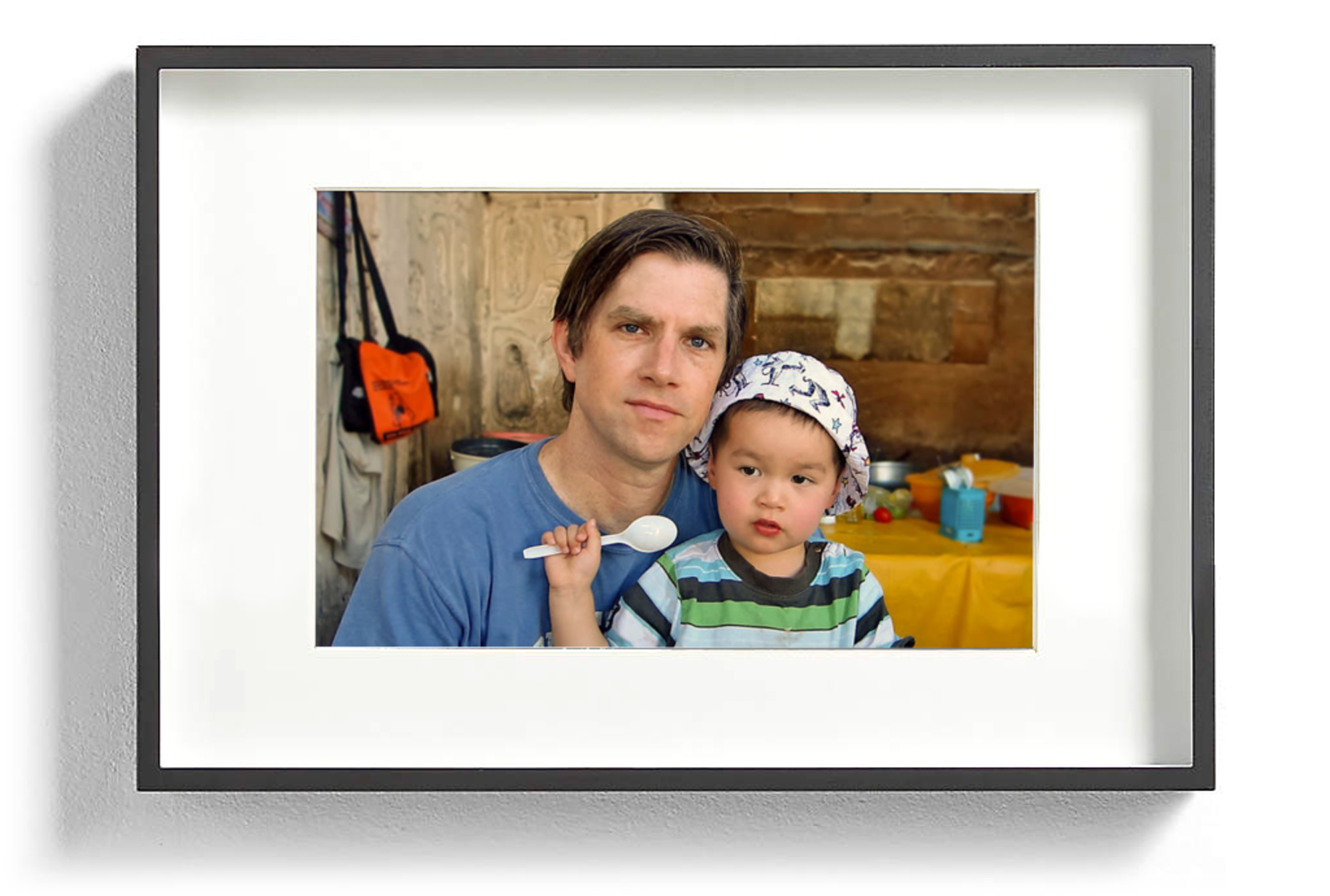What are you passionate about in a company?
Someone just asked me, “what are you passionate about in a company?”
Here’s my partial answer…
Be on a purposeful mission
I love “the hunt” involved in driving towards big goals. And while things like making money, shipping code, increasing some important metric, closing an important customer and so forth can be missionary goals, there must be much more. My ultimate motivation and sense of fulfillment can only come from a deeper mission or sense of purpose.
Startups necessarily involve boat loads of grunt work, production support, debugging, inevitable customer issues, and mountains of minutia — and all melts away in the presence of a higher calling. Incidentally, having this clearly articulated and self-evident becomes critical to building a great team.
Work only with the best people
Ultimately it’s lonely to work alone, to be a solo-founder or to be the only person in the company with “ownership mentality.” There has to be a team of people that inspire and push each other to be the best.
My Tough Mudder team had that. I want the same camaraderie, competitive spirit and motivational support in my next company.
I need to be pushed out of my comfort zone and I need to be around people who want to be pushed out of their’s.
Build a beautiful, elegant customer experience
The more successful companies tend to be very calm, methodical and analytical in how they tune and iterate their products and services. “Look at the numbers, prune and tune” is super important. However, if that’s all the company is, count me out.
I want to build that which is artful, playful and where crazy attention is paid to building great customer experiences even when the quants are saying “it doesn’t matter.”
Once upon a time I was speaking out about a severely broken, but rare customer experience problem, and someone who had a say on the matter replied, “Joe, that only happens 3% of the time, so it doesn’t matter. You’re just going to have to accept that we are going to fuck some customers sometimes.”
Really? Then count me out. Being analytical should never mean there isn’t time to do the right thing if a customer is getting “fucked.”
Quite the opposite, the DNA of the company should be to fix those things AND go the extra bit to make something special for some 3% somewhere else in the customer experience.
Break new ground
Being second to a market, or playing the long game of chipping away by being (even 50%) better than existing big/dumb/slow dominant players is no fun. It’s often easier to hire, easier to market, easier to get PR and more satisfying and generally more thrilling to do something that’s fresh, innovative and new.
“Breaking new ground” doesn’t have to be in product or technology, either. It’s perfectly awesome to break new ground with design, customer experience or business model.
Have a great business model
A startup is basically a group of people going about a market opportunity by way of testing unproven hypotheses. All things being equal, I’d rather that business model not be one of them. There are too many other things to prove (market fit, customer acquisition, operations) than to have the question of viability even after everything else is a success.
~
Side note: I could write another entire post about all the times I’ve compromised on these ideals and how that’s helped reinforced their importance to me. For another day.

Dining out at the local market, Basurto, in Cartagena, Colombia, January 2013

Photo of Aaron Heitzeberg at age 2.
![What are you passionate about in a company? [Currently Obsessed]](https://sloppy-joe-app.imgix.net/www/co-logo.png)